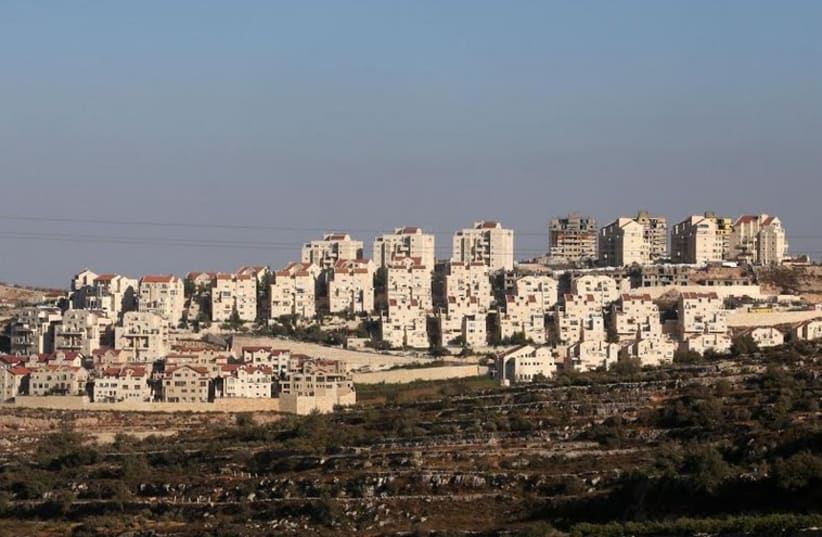See the latest opinion pieces on our page
Have Bardin and Etkes ever undertaken a serious and honest study of the topic which they claim to be experts on? I doubt it. For them the mantra of “occupied territories” is simply the perfect vehicle with which to condemn Israel for exercising its legal, moral and historical rights.The truth is that when Israel became the sovereign authority in Judea and Samaria, it received legal title to all land that is not privately owned.Israel does not dispute private land claims and does not touch privately owned properties. To contend that these territories are Palestinian requires the Palestinians to have held some sort of sovereignty over them that was broadly recognized. In fact, it was the Jewish people who were provided with national rights in Judea and Samaria, not just by dint of history and past sovereignty but also by residual rights contained in the League of Nations Mandate.These rights were never canceled and are preserved by the UN Charter under Article 80 – to guarantee continuity with respect to Jewish rights from the League of Nations.The Israeli government spent decades investigating the legal status of the land which the authors focus on (E2) in their article, and on which there are plans to build the city of Gva’ot. Of the 8,000 dunams (approx. 2,000 acres) that were under investigation, it was determined that 4,000 were ownerless but there still remained doubt with regard to the other 4,000. Because of that doubt, they were taken out of the state land declaration.After a legal decision was arrived at, the Arab landowners were given official title to what they claimed was their land, which makes them much better off than they were before.It’s sad that Bardin and Etkes are upset when Jewish settlements, which have every legal and moral right to exist, flourish and prosper, and especially those settlements of Gush Etzion which provide a buffer zone and are a gateway to Jerusalem and whose existence is a living memorial to the sacrifice of so many who gave their lives in the battles for the establishment of the state.The author is mayor of Efrat.
Gush Etzion has a right to flourish and prosper
Hillel Bardin's and Dror Etkes's condemnation of Israel’s use of state land is based on an ignorance of both history and international law.
